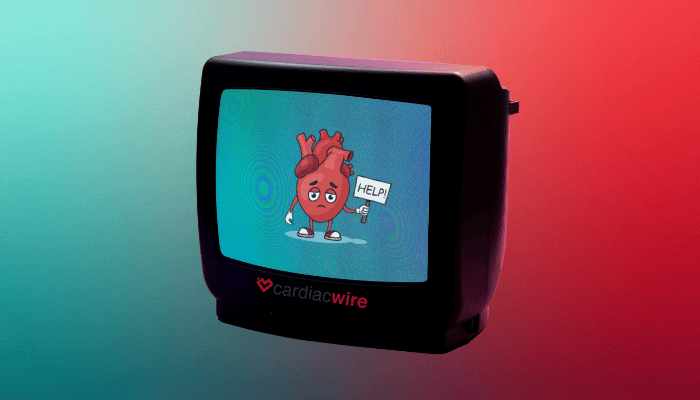Just a couple weeks after the full trial results of AZALEA TIMI 71 were released, Novartis agreed to acquire Anthos Therapeutics for $925M upfront and another $2.15B in milestone payments, signaling that the pharma titan may have renewed confidence in abelacimab and the Factor XI inhibition segment.
- Novartis spun out the testing and development of abelacimab and formed Anthos Therapeutics back in 2019.
- Since then, abelacimab has shown promise for clot prevention without raising bleeding risks when compared to anticoagulants like rivaroxaban (Bayer/J&J’s Xarelto).
Abelacimab already demonstrated an edge over the incumbents, thanks to its 80% reduction in venous thromboembolism compared to enoxaparin and a 62% lower rate of major bleeding events than Xarelto in phase 2 trials.
- Anthos subsequently kicked off three phase 3 trials in 2022, and wrapping up these studies by 2026 will now be Novartis’ responsibility.
Besides the hefty price tag, the “re-acquisition” puts Novartis back into competition with other big-name Factor XI inhibitor developers, who’ve faced a series of setbacks.
- Bayer terminated its OCEANIC-AF trial for its Factor XI inhibitor, asundexian, due to 3x greater stroke (1.3% vs. 0.4%) and 4x higher ischemic stroke rates (csHR = 4.06).
- Results from BMS’ AXIOMATIC-SSP study found that its Factor XI inhibitor, milvexian, failed to meaningfully reduce ischemic stroke.
Novartis initially prioritized its treatments for heart failure and plaque-clogged arteries when it spun-off abelacimab but continued to monitor the Factor XI race, leading to its choice to take the baton back from Anthos.
- Novartis’ abelacimab efforts will now take a unique clinical approach since the Anthos-designed phase 3 trials focus on more than just ischemic stroke.
- Anthos’ LILAC trial is focused on preventing stroke and systemic embolism in AFib patients, while ASTER and MAGNOLIA aim to use abelacimab to address VTE and GI cancer.
The Takeaway
Novartis’ massive investment to buy back Anthos suggests the pharma giant sees serious potential for abelacimab – despite the early troubles around other Factor XI inhibitors. We’ll have to wait and see the phase 3 results until we can say for sure.





